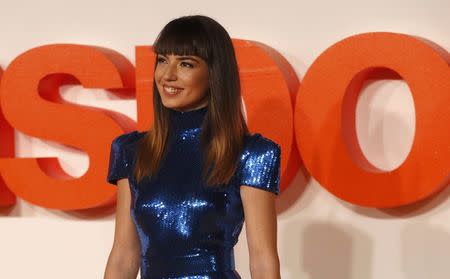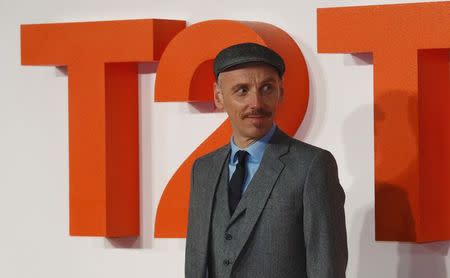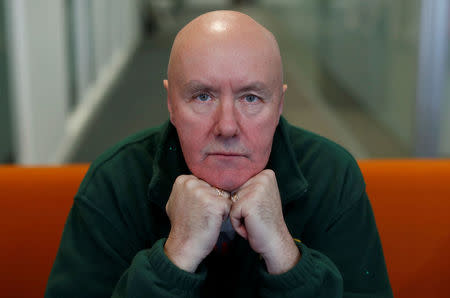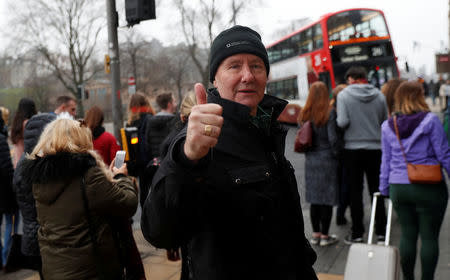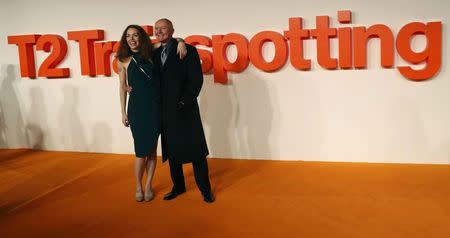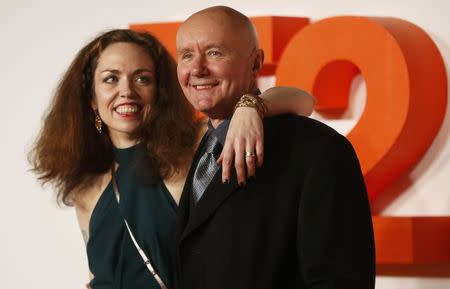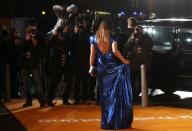T2 Trainspotting charts era-defining anti-heroes 20 years on
EDINBURGH (Reuters) - Fans and stars braved freezing Scottish weather to flock to the premiere of T2 Trainspotting on Sunday, the sequel to the era-defining story of Edinburgh drug addicts Renton, Spud, Sick Boy and thug Begbie two decades on. The original Trainspotting tracked the sordid and tragi-comic side of Scottish street life via the friends' drug-addled criminal activity set to a pulsating soundtrack. The 1996 film won huge critical acclaim and gave voice to a largely unknown section of British society. Like the first film, T2 Trainspotting contains elements of shameless fun, heart-racing sequences and excruciating moments. But it is essentially about the nature of friendship, getting older and the far-reaching consequences of a risky youth. Trainspotting won a cult following and propelled the careers of all its cast, headed by Ewan McGregor and Robert Carlyle. It also launched novelist Irvine Welsh and director Danny Boyle who went on to win a clutch of Oscars for "Slumdog Millionaire" and directed Britain's Olympics opening ceremony. "(The script) was clever and personal and emotional and we were thrilled to get to play these people again. There's something about them that we feel that we know them, that they are friends of ours," McGregor, who plays anti-hero Renton, told Reuters. Welsh, who wrote Trainspotting and Porno, the sequel novel on which the new film is loosely based, told Reuters he preferred the second film to the first. "The first one is a big energy rush and ... it showed people a world that many people didn't know existed at the time," he said. "This one is much more layered, it's much deeper. It still has that visceral kind of energy but it kind of unravels." A 19-year-old fan, Emma from Glasgow, waiting to see a glimpse of the stars under the sleet, said she expected the second film would be a hit with young people too. "It will mean even more (than the first film) because it will be of our time," she said. (Reporting by Elisabeth O'Leary and Sarah Mills; editing by Andrew Roche)

 Yahoo Sport
Yahoo Sport 







































